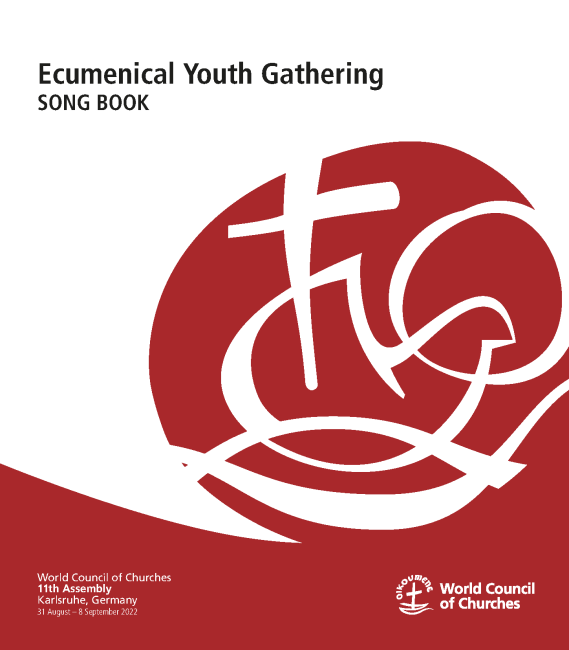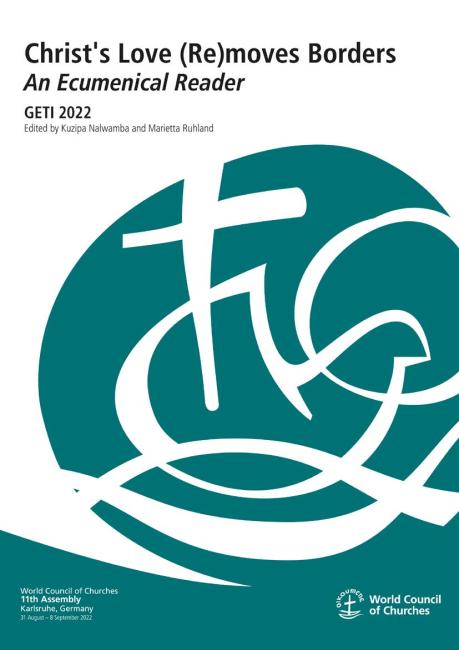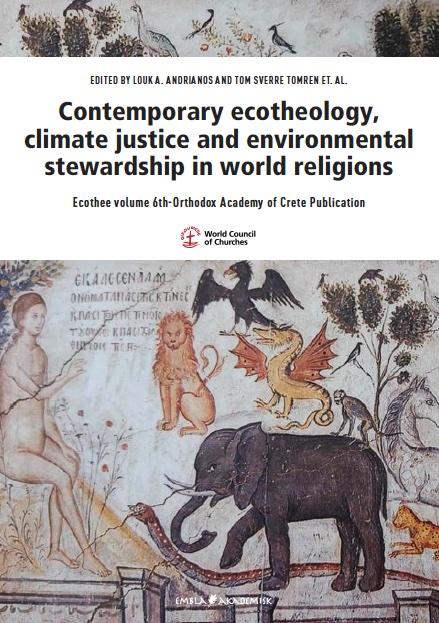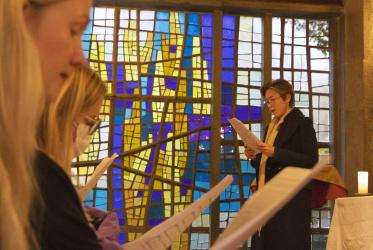Displaying 1 - 20 of 40
Compendium of Promising Practices of African Faith Community Interventions against Paediatric and Adolescent HIV
Executive Summary
23 March 2024
Ahead of Her Time
Pan-African Women of Faith and the Vision of Christian Unity, Mission, and Justice
01 November 2023
Recommended Practices to Combat HIV-Related Stigma
A Guidebook for Local Faith Communities
05 October 2023
Faith Sector Implementation of the Global AIDS Strategy
05 October 2023
HIV and AIDS Civil Society Networks and the Faith Sector
Lessons Learnt from Strategic Engagement in India, Dominican Republic, Indonesia, and Jamaica
31 January 2023
Christ’s Love (Re)moves Borders – GETI 2022 in images
13 September 2022
Ecumenical Youth Gathering Songbook
14 August 2022
Ecumenical International Youth Day 2022 Event Toolkit
Indigenous Youth and Land Rights Activism
14 August 2022
Called to Transformation - Ecumenical Diakonia
09 June 2022
Contemporary Ecotheology, Climate Justice and Environmental Stewardship in World Religions
Ecothee Volume 6th-Orthodox Academy of Crete Publication
19 December 2021
ZacTax Toolkit
24 November 2021
Walk the Talk
A Toolkit to Accompany the "Roadmap for Congregations, Communities and Churches for an Economy of Life and Ecological Justice"
31 August 2021
Ecumenical International Youth Day 2021 Event Toolkit
Young People and Climate Justice
06 August 2021



















